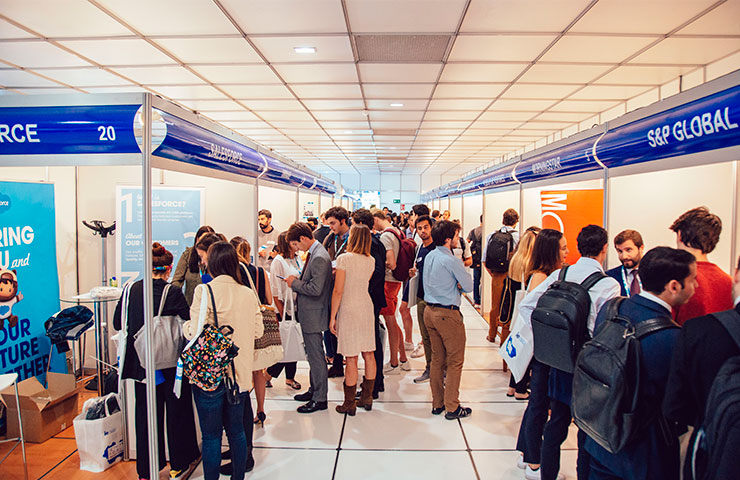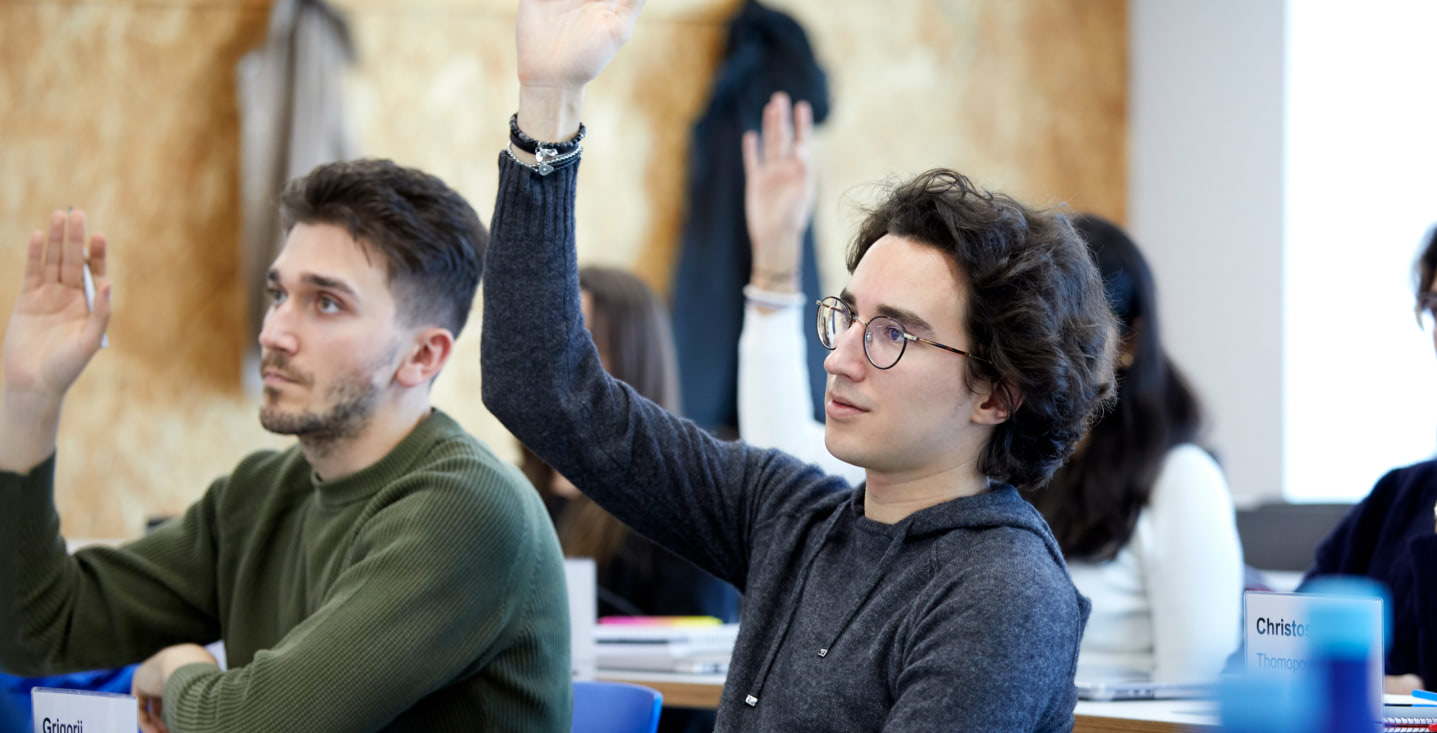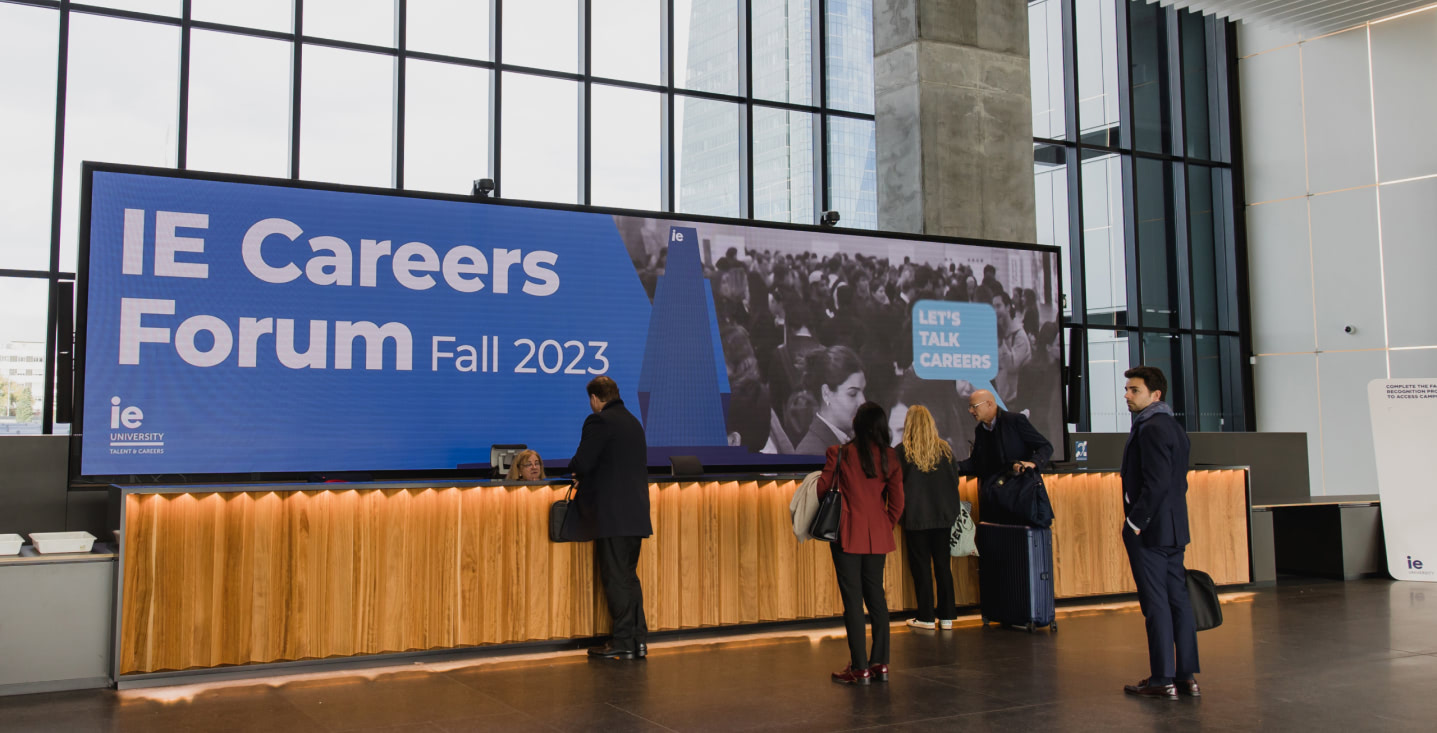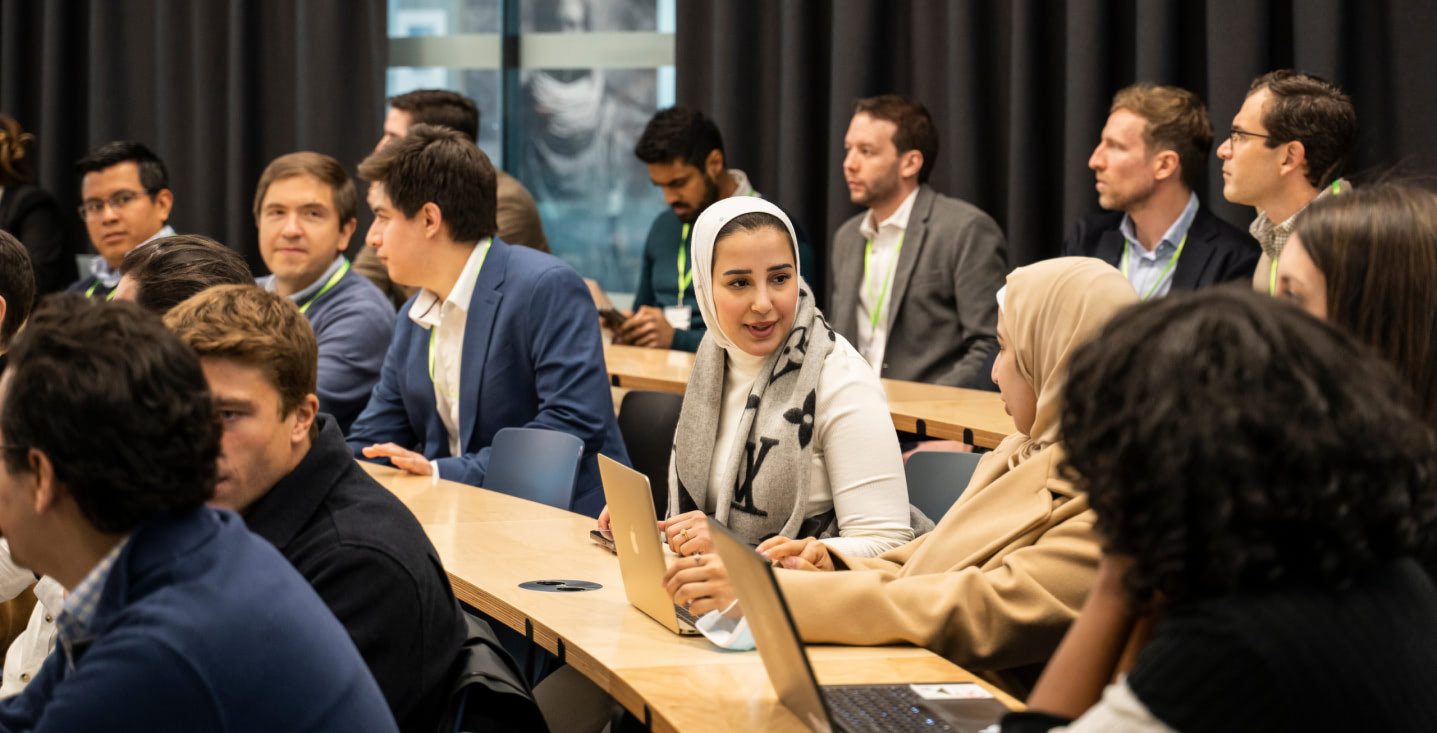16/12/2021
We spoke to employers about what they look for in candidates—and how to seek out roles that will keep you motivated and inspired every day.
If you’re studying the Master in International Relations or the Master in International Development, it’s likely you have your eye on a career where you can make a positive impact at an international level. And while every possible career path requires some common characteristics like a strong work ethic, excellent communication skills and flexibility, it’s always enlightening to hear what companies are looking for specifically in your chosen field.
We talked to two employers, one from our own community, about the qualities they believe will set you on the path to a job where you’ll be doing what you believe in.
Gonzalo Castañeira, Head of People, Brand & Communications at Greenalia
For renewable energy provider Greenalia, the impact of their operations is always at the forefront of their thinking. Producing wind, solar and biomass energy, they’re highly conscious of the communities in which they operate. Their model offers transparency in environmental, social and governance sustainability as they seek to change mindsets in the transformation away from fossil fuels. Gonzalo says working for Greenalia, which has grown quickly from an ambitious startup, is always exciting. For him, it’s the value that IE School of Global & Public Affairs graduates bring that makes them attractive as prospective employees.

He says the institution’s innovative and international approach produces people with exactly the qualities Greenalia are looking for, with high-quality training, international exposure and innovative teaching methods.
As a result, those graduates add value to potential employers, he confirms. Greenalia is particularly looking for candidates with a desire to drive change and continuously push the sustainable agenda. They also seek strong leadership skills—candidates who can inspire teams and organizations in the pursuit of their mission, combining these qualities with creativity and innovation to challenge the status quo. Such candidates, he concludes, can be real dynamizers for organizations.
Javier Garcia Colino, Senior Associate Director, IE Talent & Careers
Our own Javier Garcia Colino offered some personal thoughts on the career paths available to students of the Master in International Relations and the Master in International Development, and the challenges confronting them upon graduation.
Javier’s role is to talk to companies in the relevant fields, help alumni reach out to them, and guide them in finding a place where they can pursue their passions. Of course, there’s practical advice on how to write better CVs, cover letters, and so on. But IE Talent & Careers also runs workshops on personal skills—helping alumni find out who they are—and examines job market options and trends.
For Javier, there are five verticals which students of both programs might look to for a career where they can make an impact:
– Public sector/public affairs companies. These companies work with governments in an effort to drive changes to regulations. These types of organizations may better suit Master in International Relations alumni.
– Intergovernmental organizations. Formed by member states, these include global institutions such as the UN or the OECD. Alumni of both programs could make a positive impact in a career within these groups.
– The same goes for NGOs and foundations. These nonprofit groups, found in every conceivable sector, can have different aims and philosophies, but all offer the opportunity for a fulfilling career.
– Think tanks and political science bodies. These organizations conduct research with the aim of influencing government policy. These are better career destinations for Master in International Relations alumni, according to Javier.
– Finally, private corporations and NGOs with a specific focus on impact. These groups align their targets with social, economic or environmental concerns. They are usually smaller, making it harder to get into this field. But a career in this sector can be among the most rewarding, and Javier asserts that they’re becoming more important.

Whichever program you study, whatever your career ambitions and in whichever sector you want to pursue them, finding a job is in itself a job, Javier warns.
It takes effort, and requires resilience, as competition is tough and opportunities can be scarce in the specific area you’re passionate about.
Concluding, Javier advises all students to get in touch with IE Talent & Careers from the very start of their program. They’re there to help, and Javier offers the firm commitment that they’ll be with you every step of the way.








